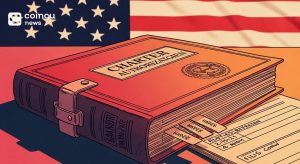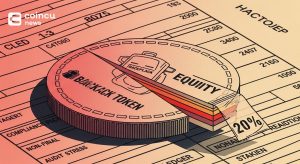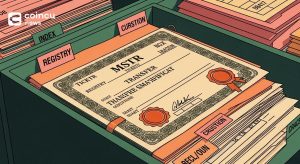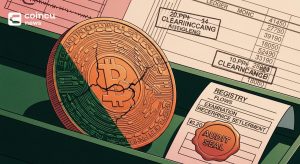South Korea’s FSC Now Requires Employees Must Disclose Virtual Asset Holdings
Key Points:
- South Korea’s FSC revises code of conduct, requiring employees involved in virtual assets to declare their holdings.
- The code applies to public servants engaged in virtual asset-related activities in the past six months, covering various tasks.
- A new reporting form, “Report on Virtual Assets Possession,” records details of virtual asset holdings and aligns with existing financial regulations.
The South Korean Financial Services Commission (FSC) defines the criteria for internal workers who must declare virtual asset holdings.

According to Asia Economic Report, the FSC issued a revised draft of the “Code of Conduct for Public Officials,” requiring employees with virtual asset responsibilities not to invest using relevant undisclosed information while performing their duties and requiring internal employees to report details of virtual asset holdings.
The report’s target audience is public servants who are now performing virtual asset-related activities and workers who have performed such duties in the last six months. The tasks include developing and executing virtual asset rules or regulations, investigating and analyzing criminal cases involving virtual assets, administering and regulating virtual currency exchanges, support and management, and virtual asset technology development, among other things.

A new form for the “Report on Virtual Assets Possession” has also been introduced, which requires the kind of virtual asset owned, date of purchase, quantity, and amount to be recorded. In addition, the definition of virtual assets under the ‘Specified Financial Information Act’ was incorporated in response to the Anti-Corruption and Civil Rights Commission’s request to amend the code of conduct for each institution. It also contains text to change the order of the provisions from “virtual currency” to “virtual assets.”

After the recent passing of the “Act on the Protection of Users of Virtual Assets,” South Korean financial authorities have begun research services for the second phase of virtual asset law. As Coincu reported, the FSC convened a task group to develop the second-stage legislation that would create virtual assets as an institutional structure.
DISCLAIMER: The information on this website is provided as general market commentary and does not constitute investment advice. We encourage you to do your own research before investing.






















